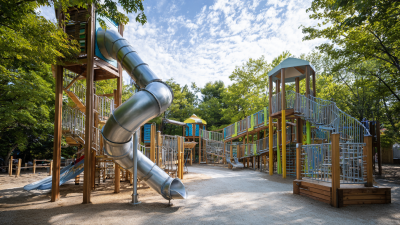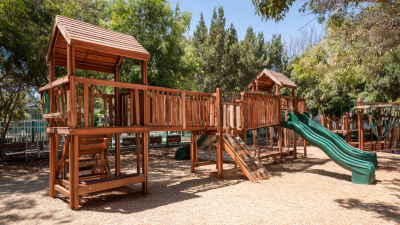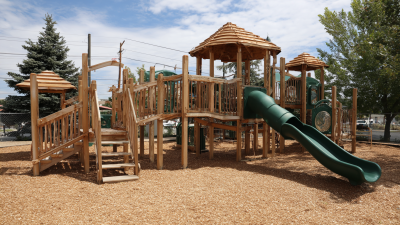 +86-13901441113
+86-13901441113




Research indicates that engaging children in outdoor play, particularly in garden environments, significantly enhances their creativity and cognitive development. According to the American Academy of Pediatrics, children who partake in active play outdoors tend to show improved problem-solving skills and heightened imagination. Furthermore, a study published in the International Journal of Environmental Research and Public Health highlights that garden play can foster a deeper connection to nature, encouraging not only creativity but also environmental awareness among young learners. As parents seek innovative ways to stimulate their children's growth at home, garden play activities present an ideal solution, combining physical activity with imaginative exploration. By unlocking creativity through garden play, children can thrive in an engaging and enriching environment, paving the way for holistic development.
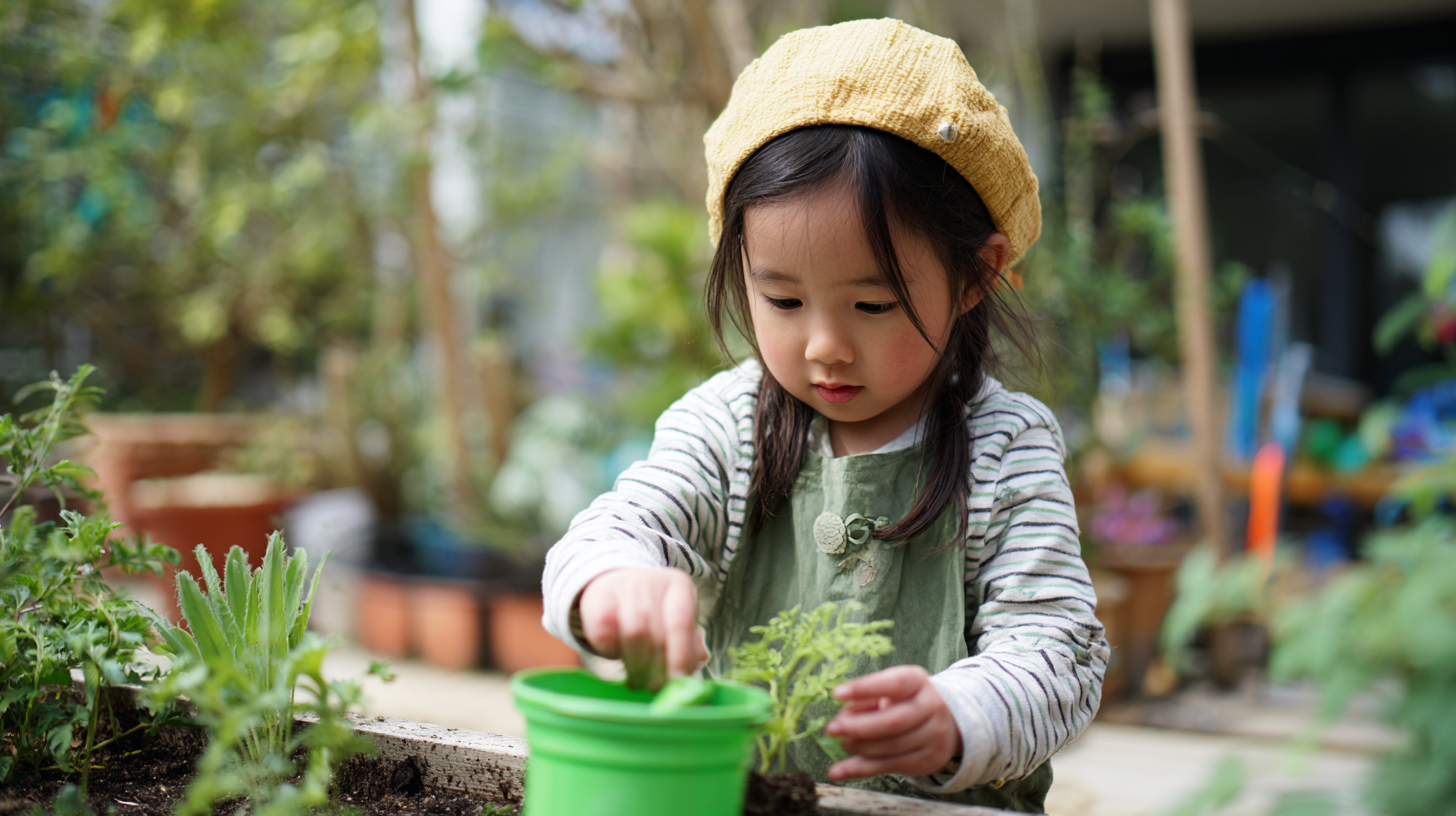
Creating a dedicated garden play zone at home can significantly enhance children’s creative exploration. Research indicates that outdoor play is essential for children's physical, mental, and emotional well-being. The American Academy of Pediatrics emphasizes that unstructured outdoor play contributes to children's cognitive development and problem-solving skills. By integrating natural elements like soil, plants, and open spaces, parents can foster environments where kids feel free to experiment and explore without the constraints often found in more structured settings.
In designing a garden play area, consider incorporating open-ended activities that encourage imaginative play. Items such as sand and water tables, nature scavenger hunts, and simple planting tasks can stimulate curiosity and creativity. A recent report highlighted that children engage more creatively when given the freedom to explore, with 70% of educators noting improved problem-solving abilities as a result. By allowing kids to interact with their environment through garden play, you are not only supporting their physical health but also enriching their learning experience, ultimately contributing to their overall development as independent thinkers.
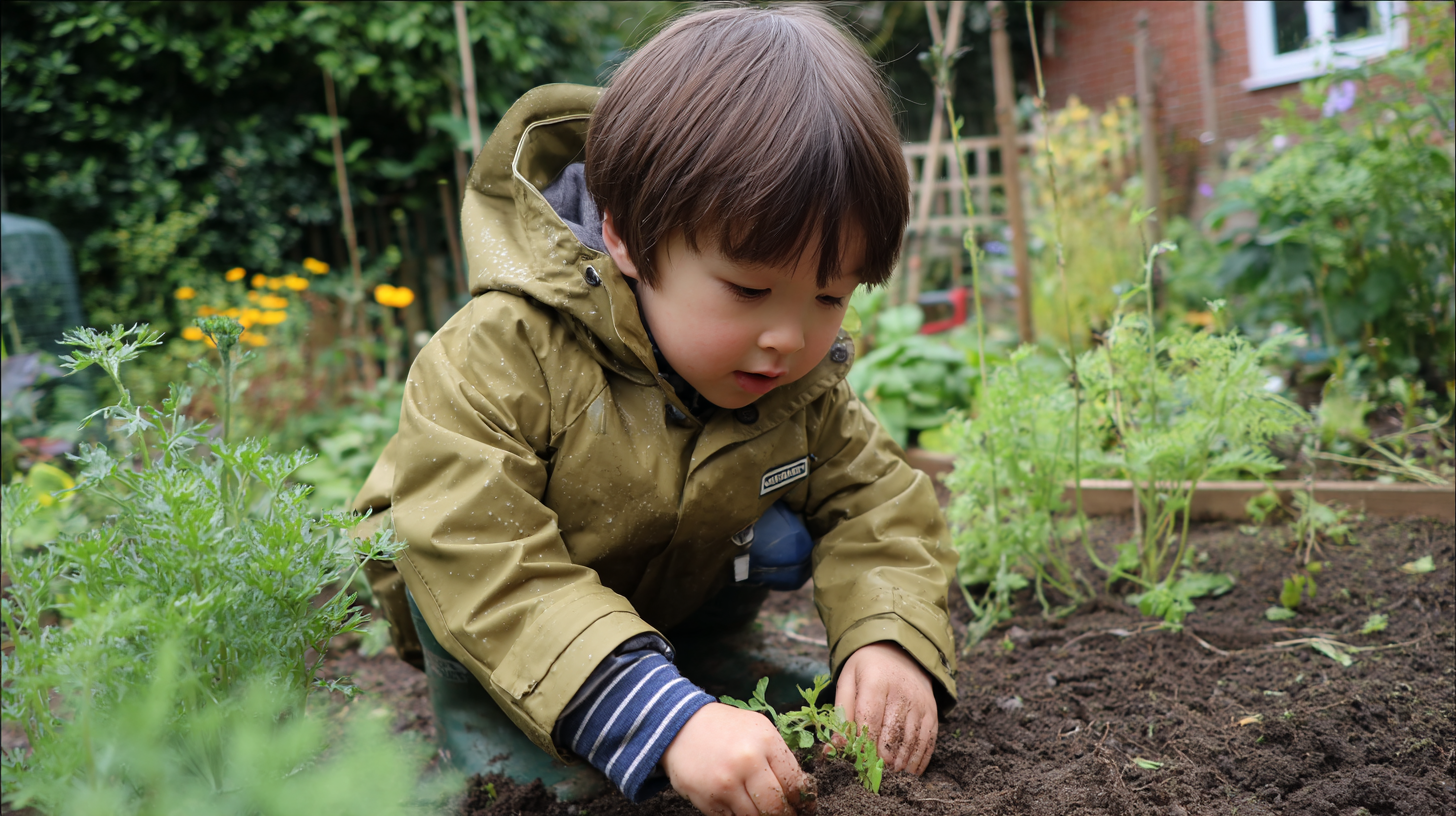
Creating a vibrant garden play environment for kids at home can spark their creativity and encourage exploration. To engage children effectively in garden activities, having the right tools and materials is essential. Basic gardening tools like child-sized shovels, rakes, and watering cans can empower kids to participate actively. These tools are designed to fit smaller hands, making gardening more manageable and enjoyable for young ones. Additionally, incorporating items such as magnifying glasses, seed kits, and compost bins can help children learn about nature and the science behind plant growth.
Another critical aspect is the inclusion of art supplies for creative expression. Natural elements like leaves, petals, and stones can be used alongside paints, brushes, and clay to inspire artistic projects. Kids can create leaf prints, decorate plant pots, or even design mini fairy gardens with materials found around the home. Providing a mix of craft and gardening supplies not only enhances their creative experience but also fosters a sense of responsibility and care for the environment. By equipping them with these essential tools and materials, parents can cultivate a rich and engaging garden-play atmosphere that nurtures creativity and learning.
Engaging children in garden play activities not only fosters their creativity but also enhances their physical and emotional wellbeing. According to a report by the American Academy of Pediatrics, outdoor play is essential for childhood development, helping to improve problem-solving skills and imagination. Garden-based activities such as scavenger hunts or building fairy houses encourage kids to think creatively and use their surroundings, turning a simple outdoor space into a platform for imaginative play.
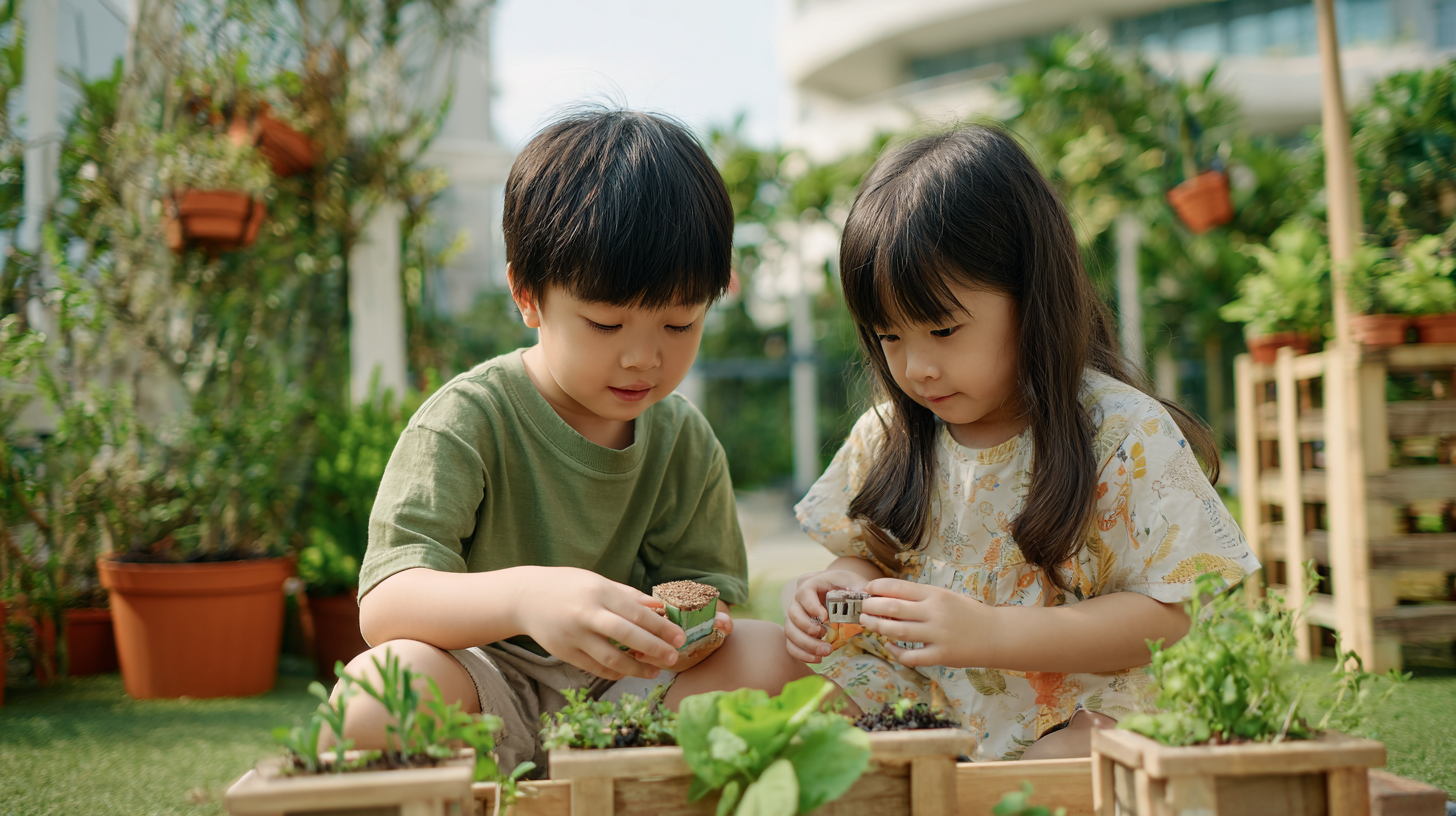
Moreover, a study conducted by the National Wildlife Federation found that children who engage in nature-based play demonstrate increased levels of focus and reduced symptoms of attention-related disorders. Activities like creating nature art, planting flowers, or even constructing simple obstacle courses in the garden stimulate a child’s sensory experiences and cognitive skills. By incorporating garden games and interactive projects, parents can transform their home environment into a vibrant landscape where creativity flourishes, ultimately sparking joy and imaginative exploration in their children.
Engaging children in nature crafts not only nurtures their creativity but also fosters a deep appreciation for the environment. By incorporating elements found in the garden, such as leaves, flowers, and small stones, kids can explore their artistic side while learning about the natural world. Simple activities like leaf printing or rock painting allow children to transform everyday items into beautiful works of art. This hands-on engagement provides a unique opportunity for them to express themselves while developing fine motor skills and an eye for detail.
Additionally, creating DIY garden decorations is a fantastic way for children to personalize their outdoor space. Using twigs, pine cones, and other natural materials, kids can craft bird feeders, colorful wind chimes, or garden stakes. These projects are not only enjoyable but also encourage imaginative play, as children can envision the wildlife that will visit their creations. As they immerse themselves in these activities, children learn the value of patience and resourcefulness, making their time spent in the garden both educational and enriching.
Outdoor play in gardens offers an enriching experience for children that goes beyond simple entertainment. Engaging in garden play activities encourages hands-on learning and exploration, which fosters curiosity about nature and a deeper understanding of environmental science. As kids plant seeds, observe growth, and even learn about insects and wildlife, they gain a practical sense of responsibility and stewardship towards the earth. This interactive learning environment not only enhances their cognitive development but also promotes critical thinking as they problem-solve during their gardening tasks.
Moreover, outdoor garden play significantly contributes to the physical health of children. Activities such as digging, planting, and watering improve motor skills and promote active lifestyles, reducing the risk of sedentary habits in the digital age. The sensory experiences—feeling the soil, smelling the flowers, and listening to the sounds of nature—stimulate their minds and create lasting memories. Furthermore, social interactions during collaborative gardening tasks can enhance communication skills and build teamwork, proving that garden play is vital for holistic child development while nurturing a love for the outdoors.

